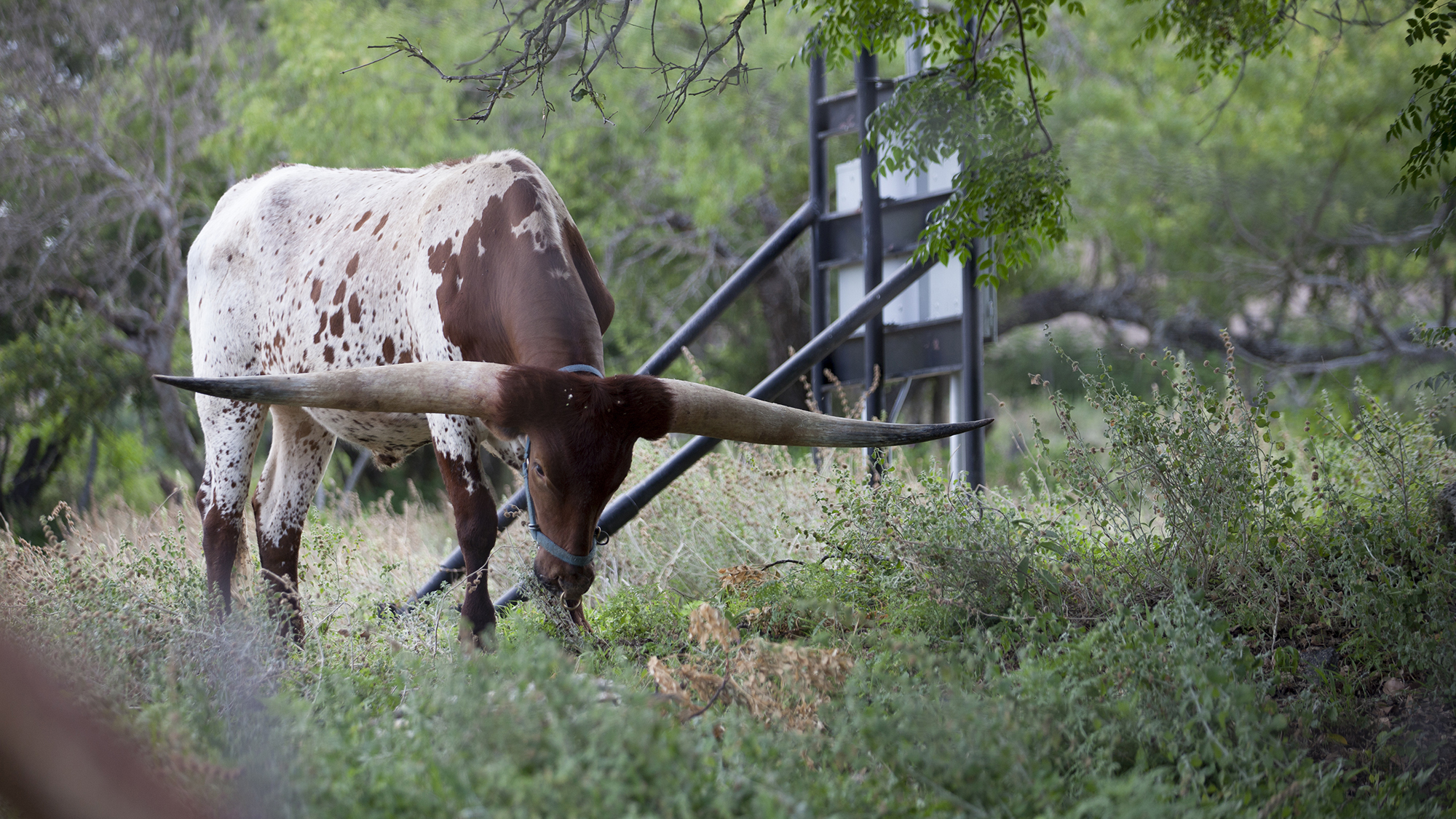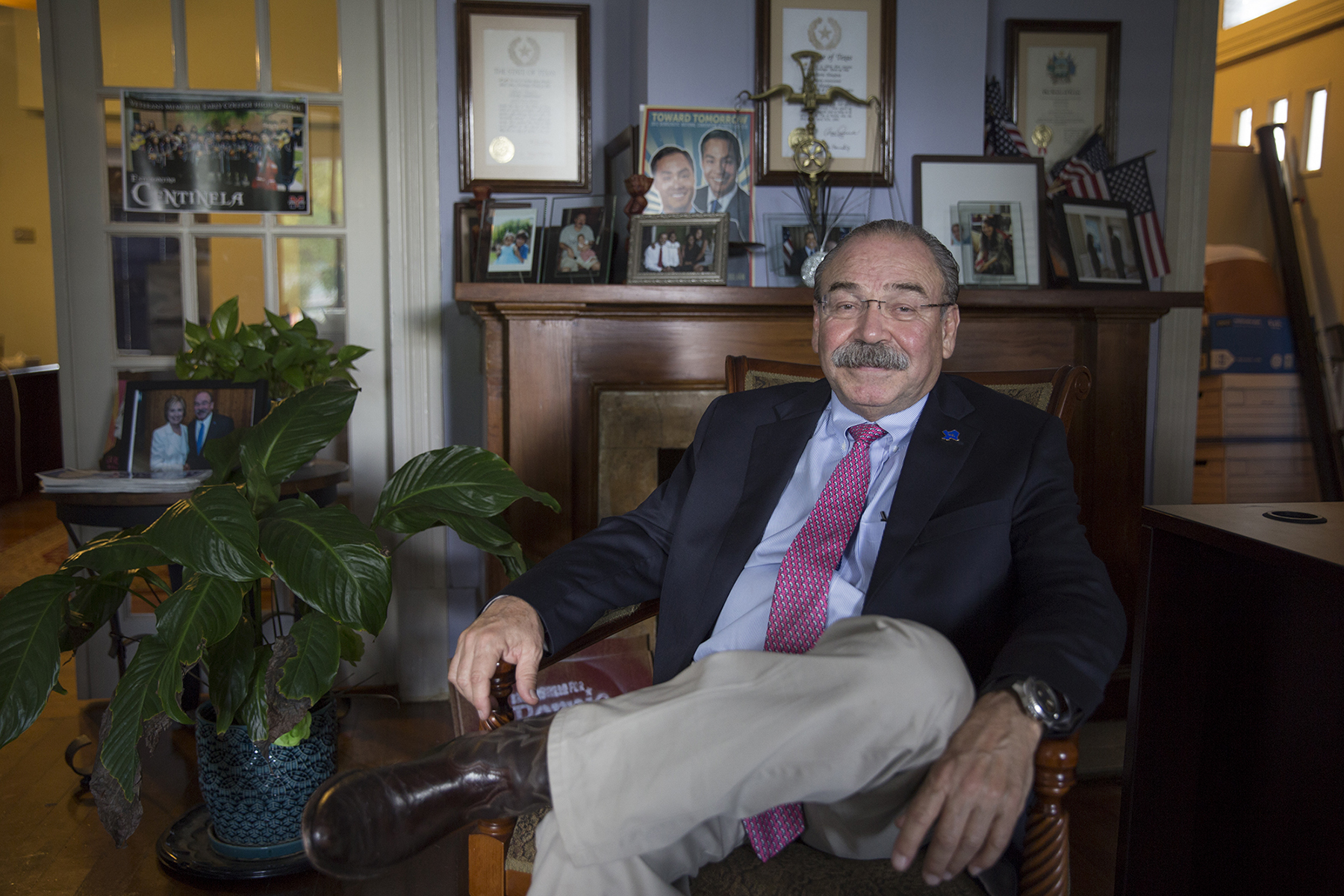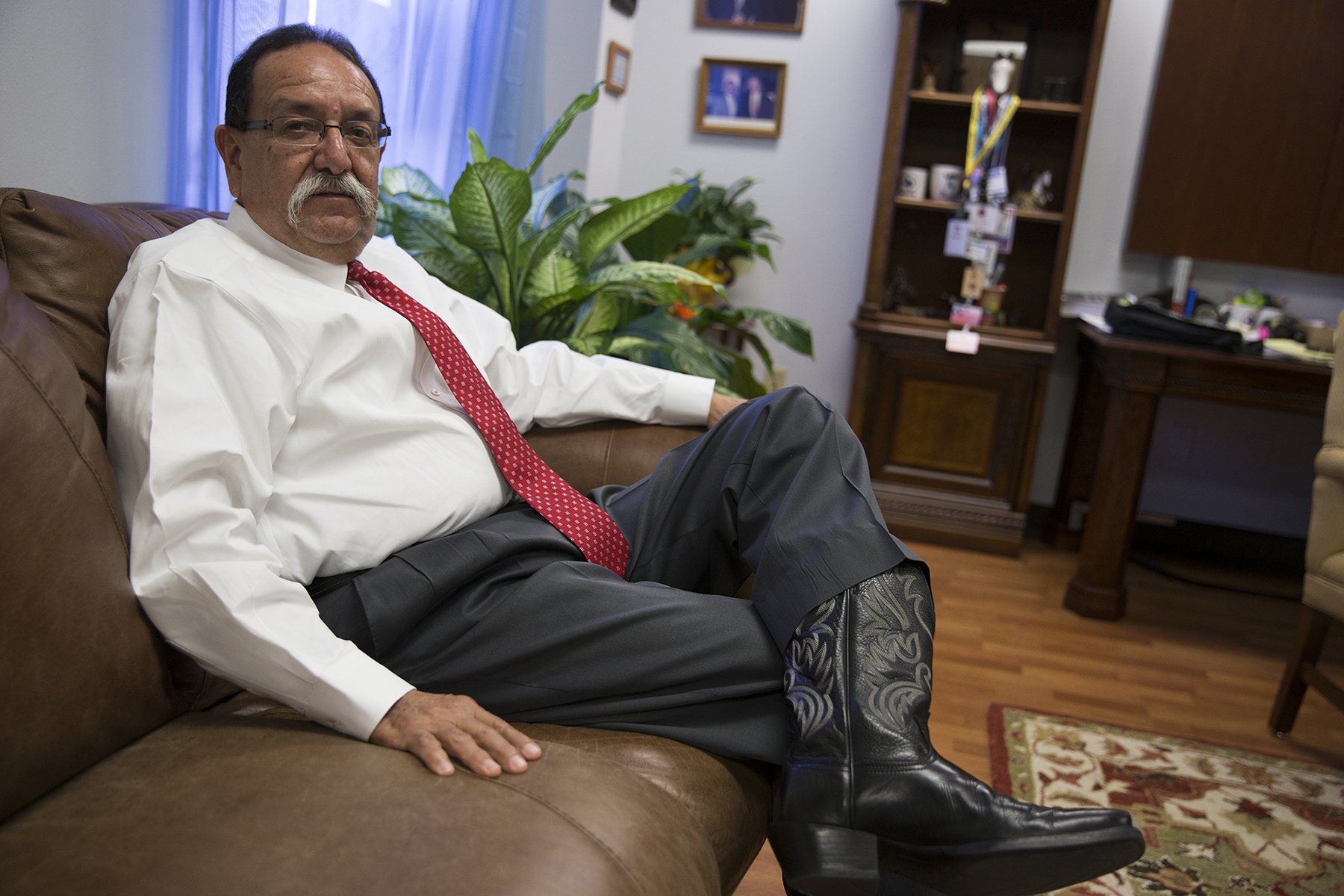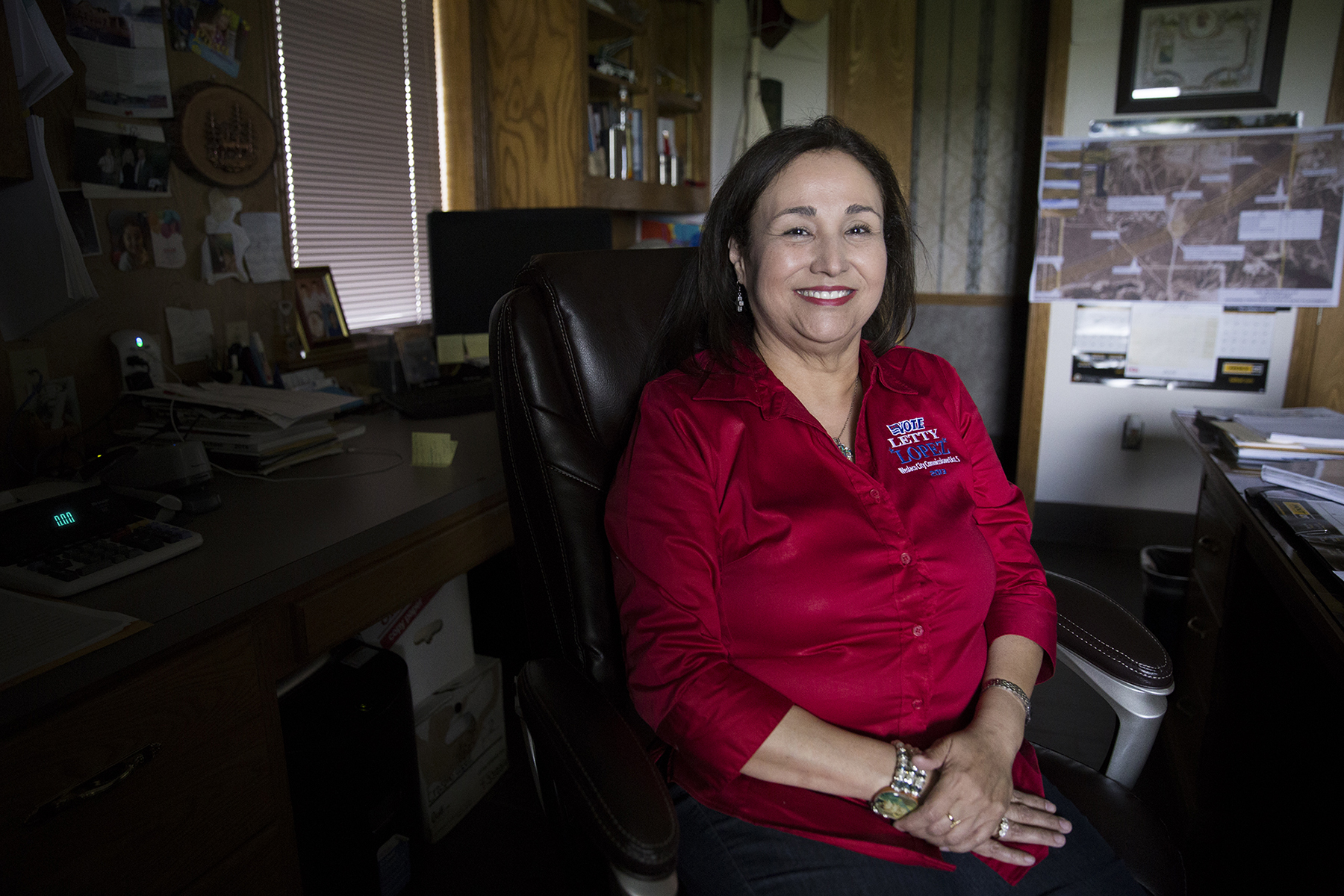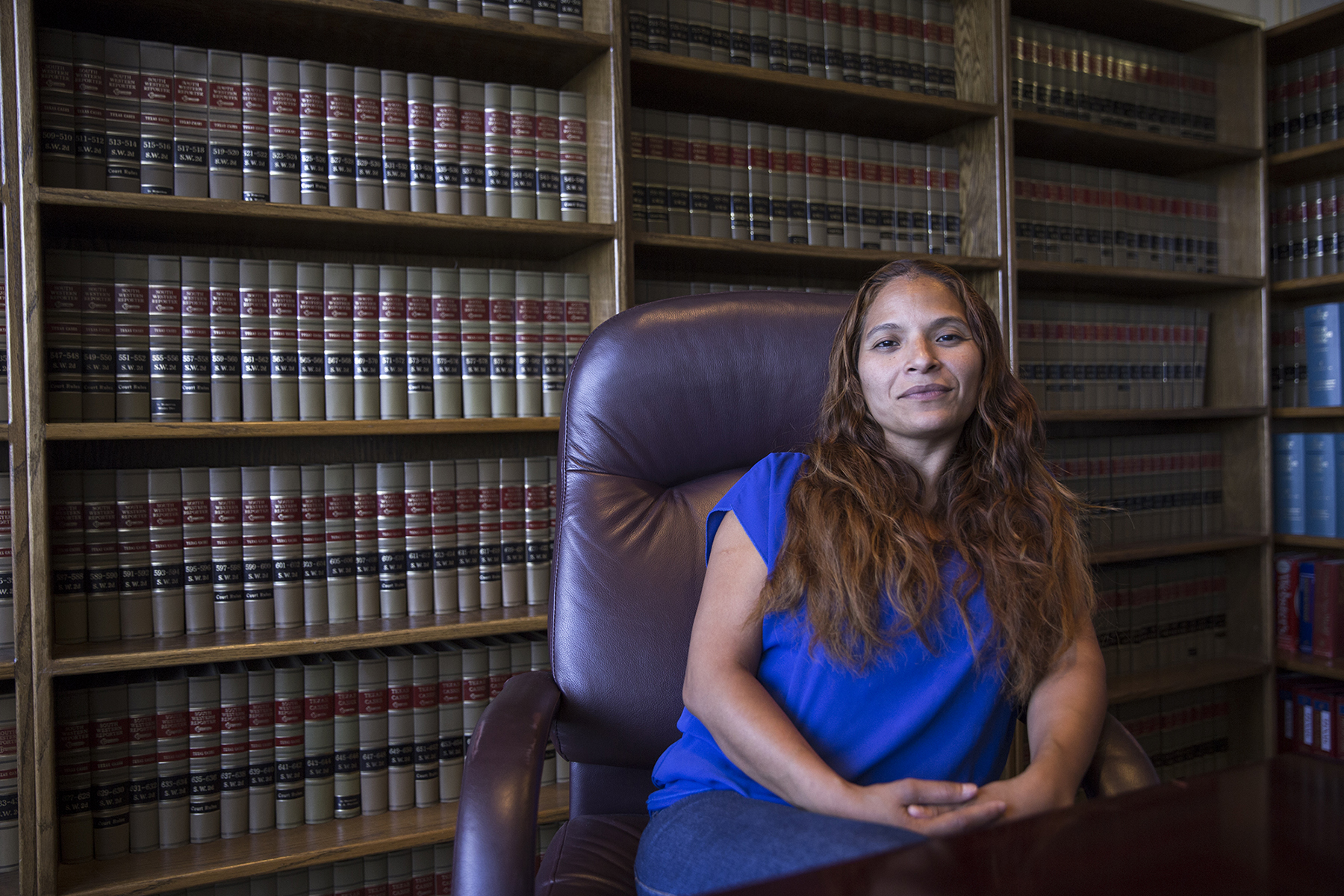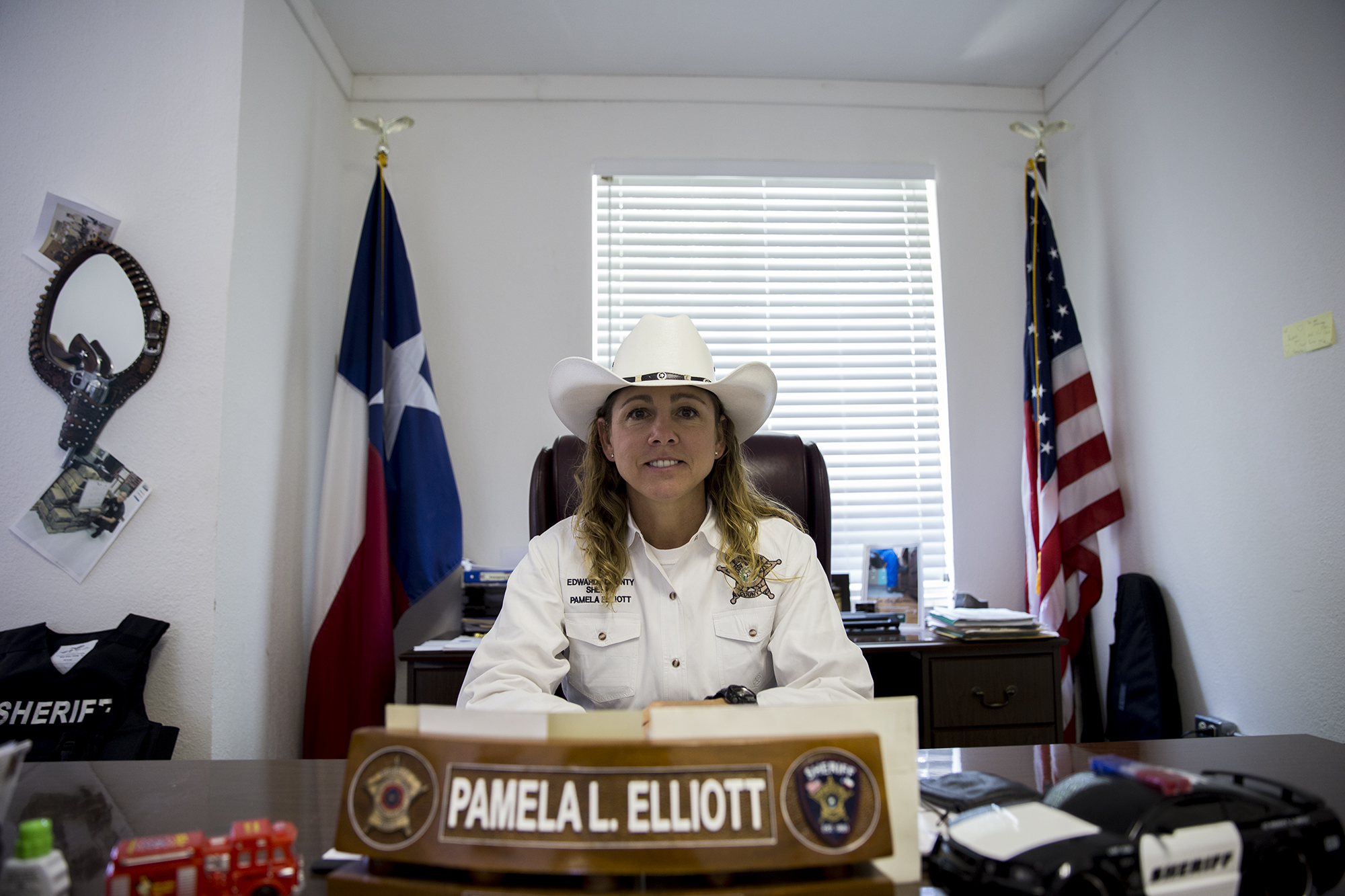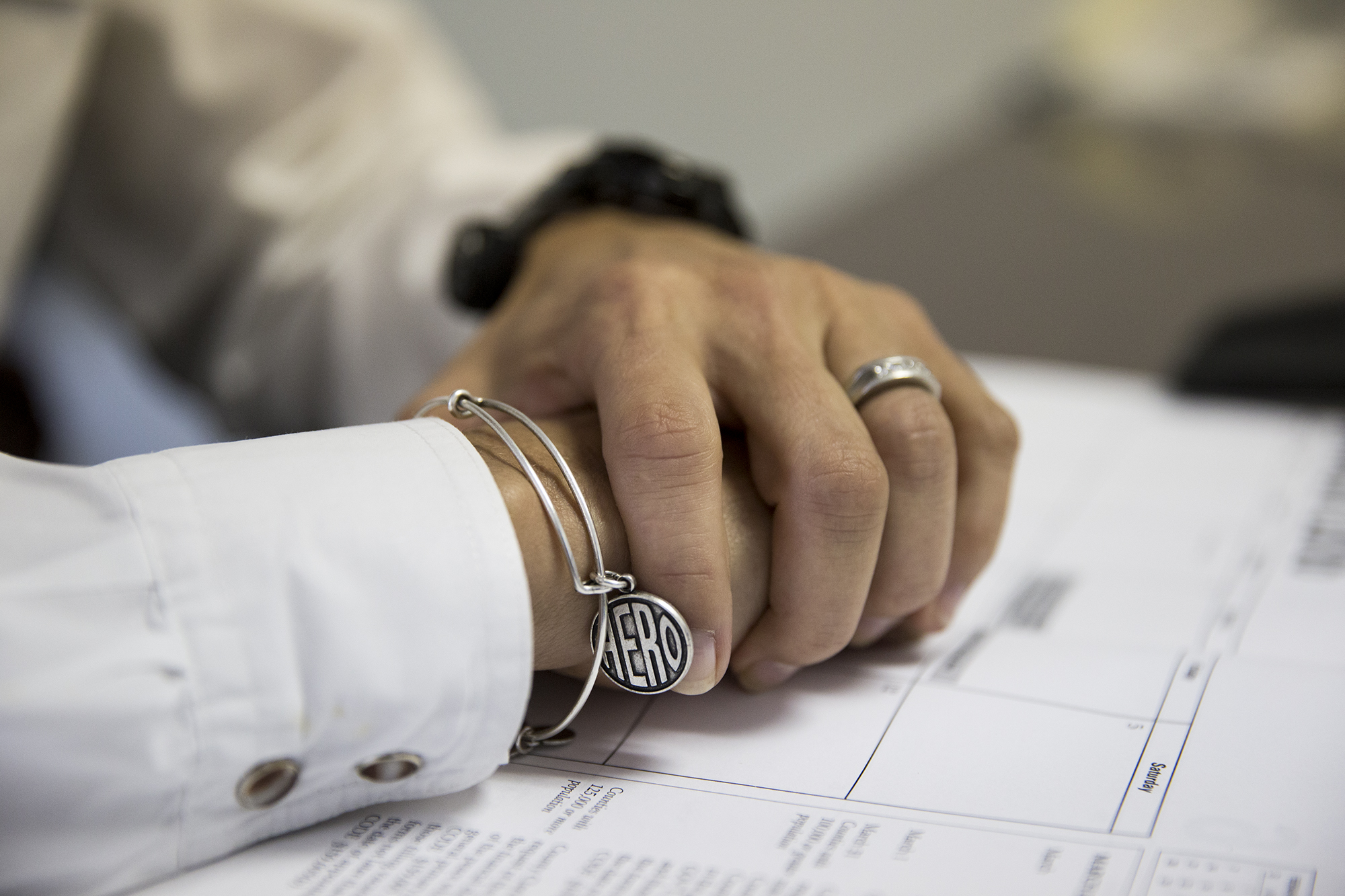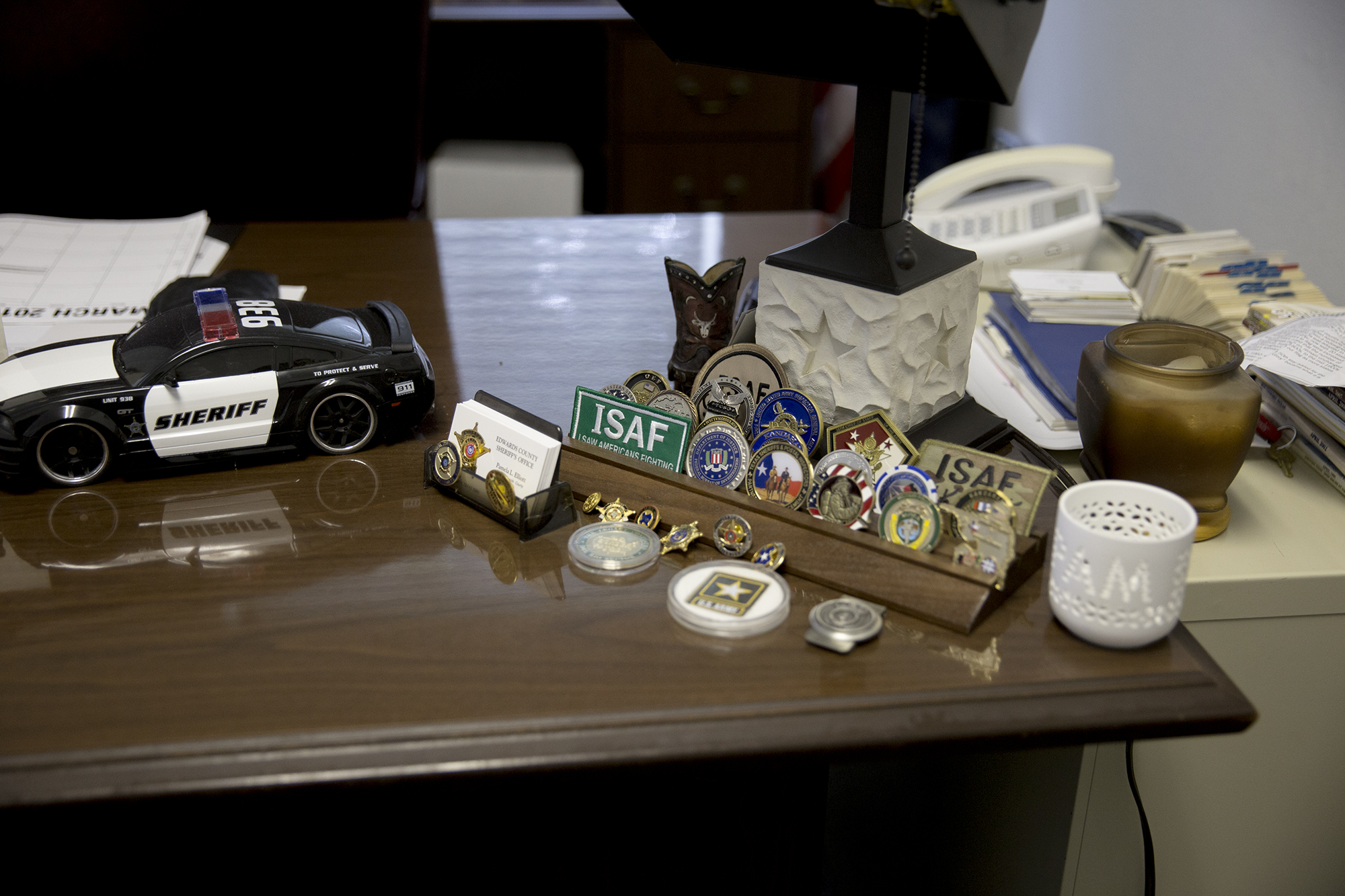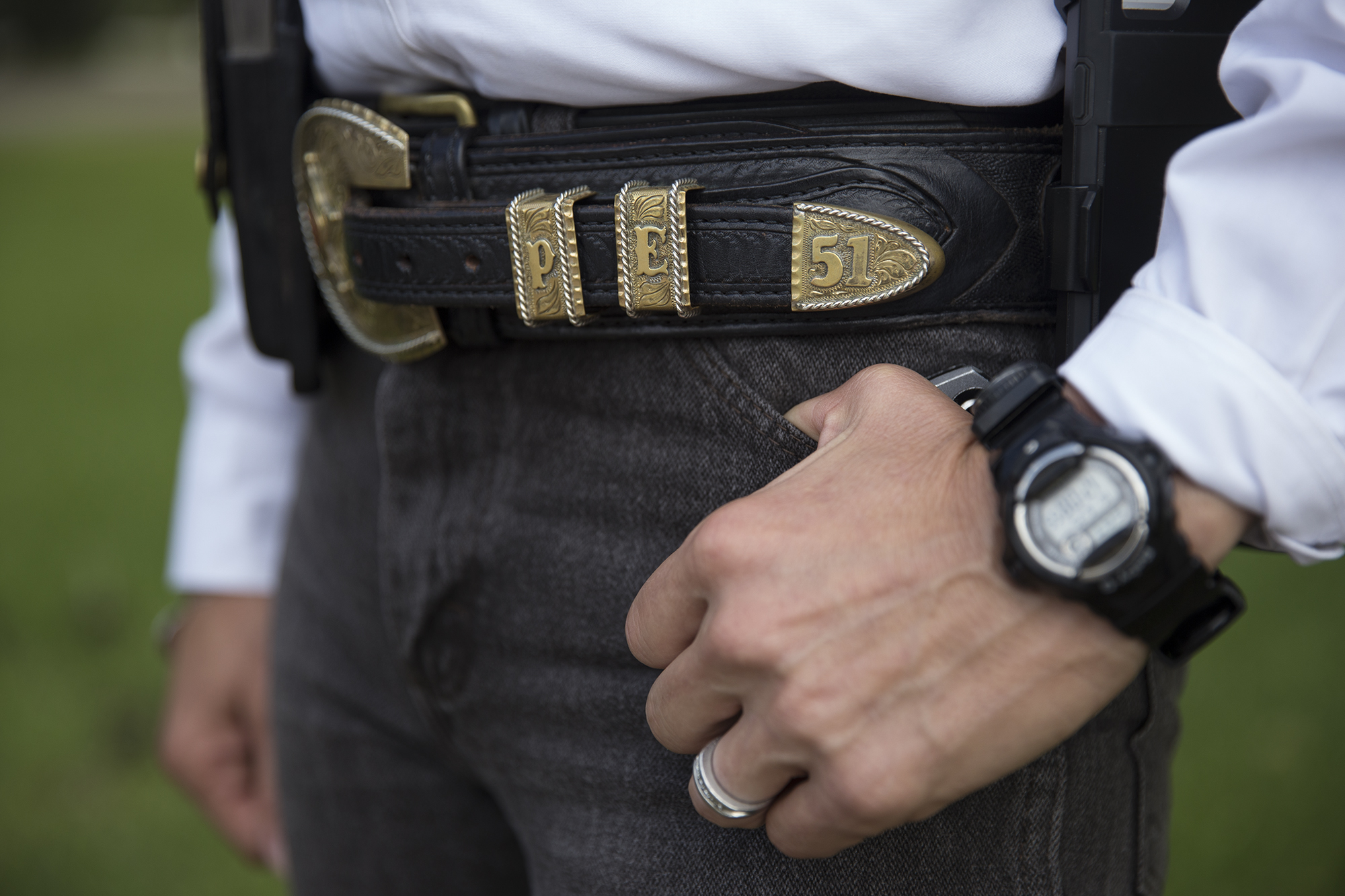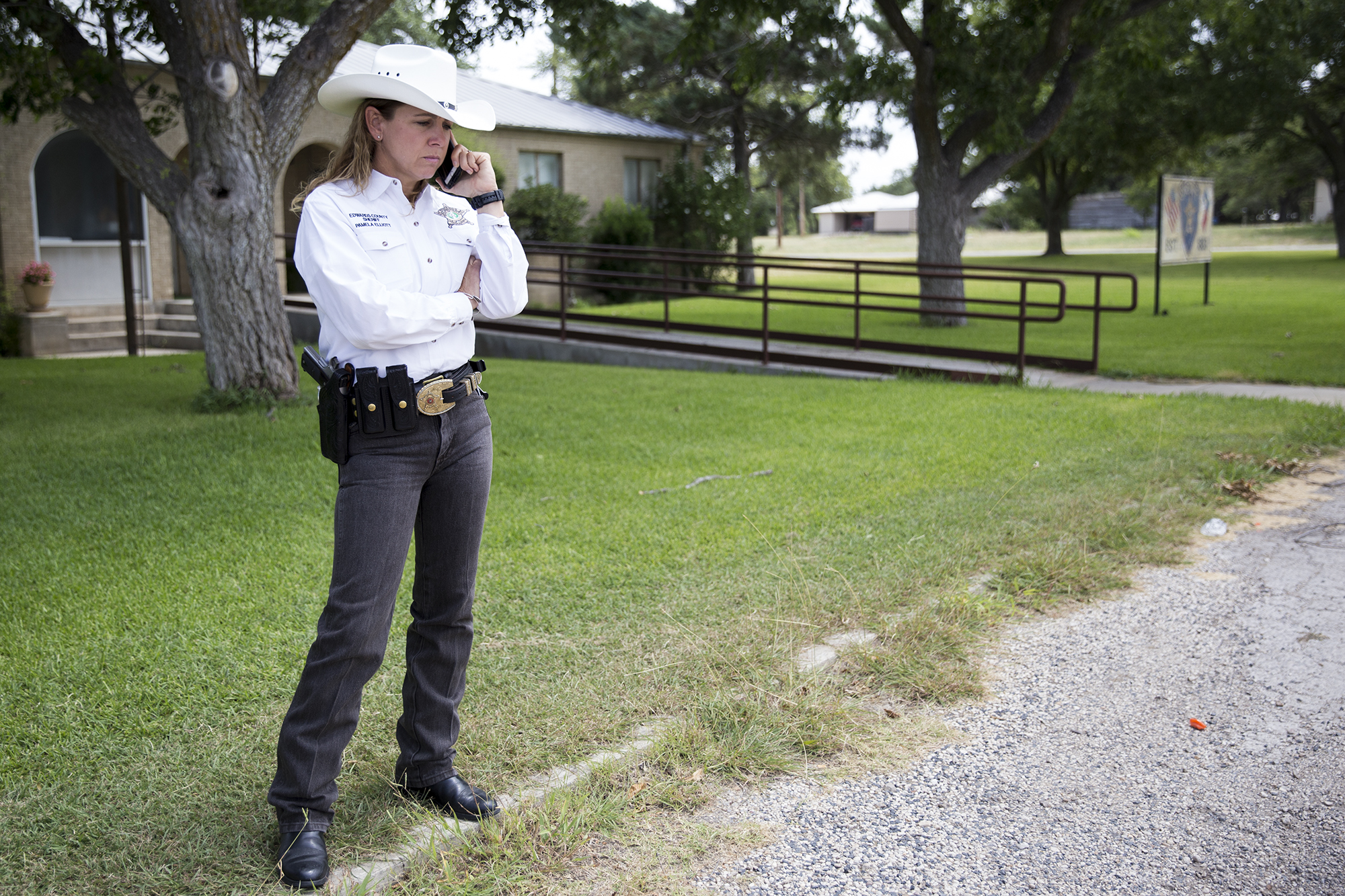BROWNSVILLE, Texas – Until the day she was arrested, 53-year-old Vicenta Verino spent years canvassing poor, elderly and mostly Latino neighborhoods, harvesting mail-in ballots for candidates who paid her to bring in votes.
Her crime: unlawful assistance of a voter, an offense that would not have been prevented by the state’s voter ID law.
Texas officials claim that the law is needed to prevent fraud, but only 15 cases have been prosecuted by the Texas attorney general's office between the 2012 primary election and July of this year, according to a News21 review of more than 360 allegations the office received in that time.
Eleven of those 15 are cases are similar to Verino’s, in which “politiqueras” – people hired by local candidates in predominantly Latino communities – collect and mail ballots for mostly elderly local voters. Texas election laws restrict who can have assistance while voting by mail and require a signature on the ballot from the person who assisted the voter.
“We used to work street by street seeing people, talking about the candidates, and those times, it kind of used to help the people,” Verino said, now two years after her arrest for voter fraud.
Texas’ contested law, passed in 2011, requires voters to present one of seven approved forms of government-issued ID at the polls. In July, the U.S. 5th Circuit Court of Appeals in New Orleans ruled the law violates parts of the Voting Rights Act. For the November election, people without ID will be allowed to vote if they sign a sworn statement. A spokesman for the Texas attorney general said “this case is not over” and the agency is considering an appeal to the U.S. Supreme Court.
Texans have not been required, however, to show identification when voting by mail. The only exception is if a voter registers to vote for the first time by mail and does not provide a photo ID number or the last four digits of their Social Security number. Then, local election officials can ask the voter to send a copy of an ID with their mail-in ballot.
